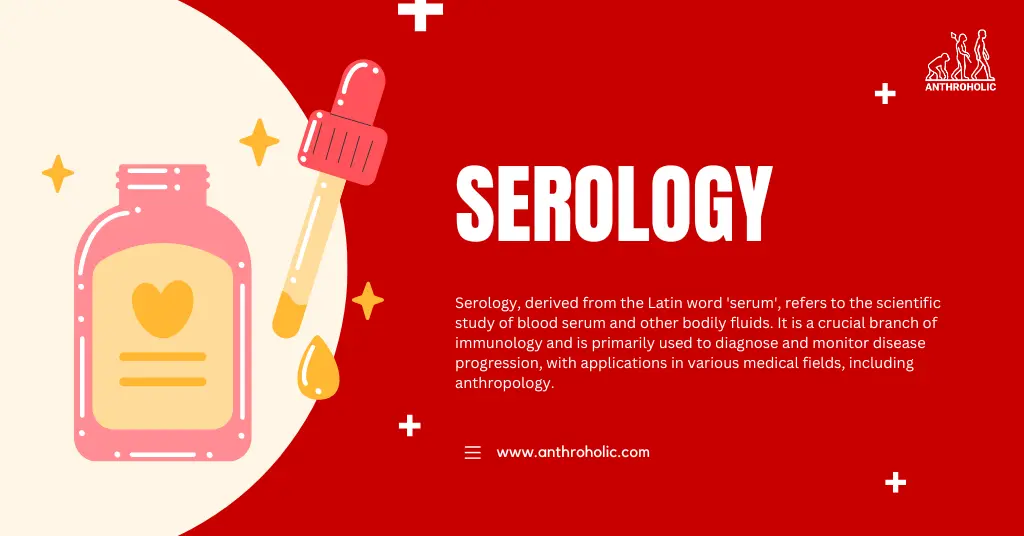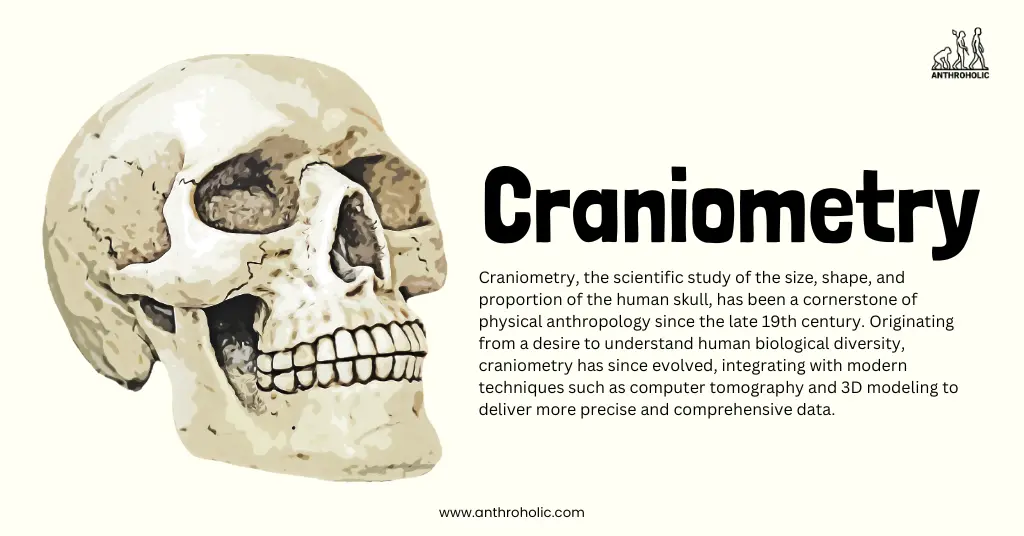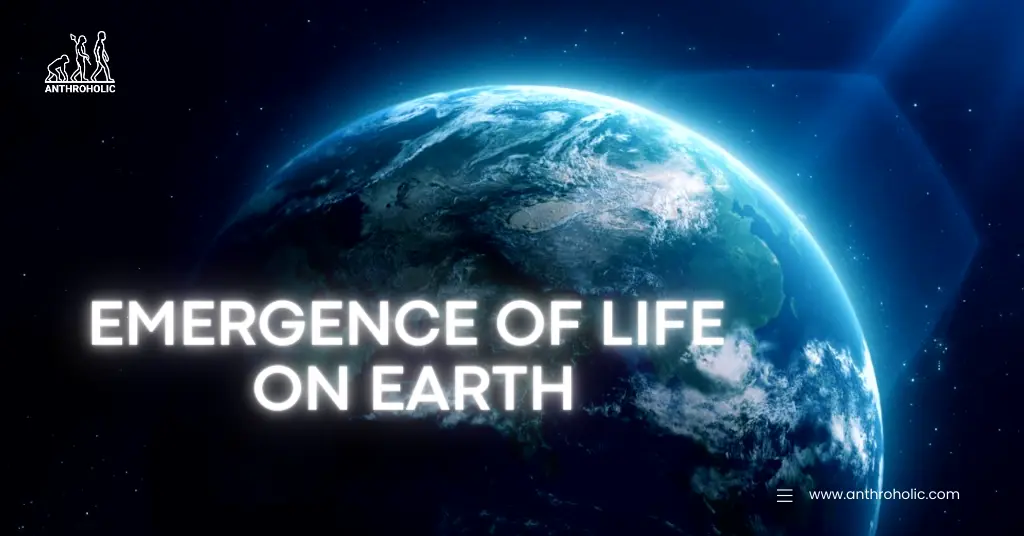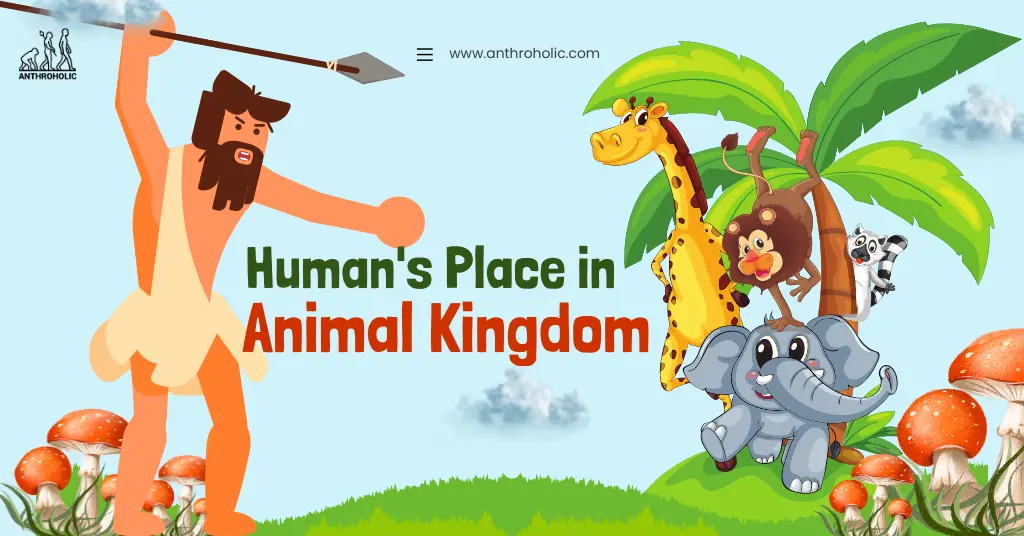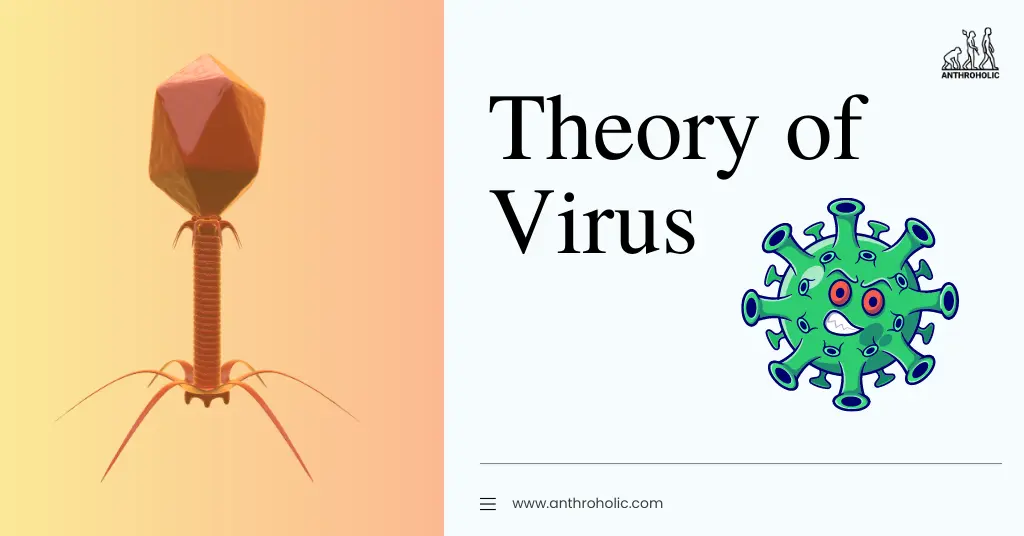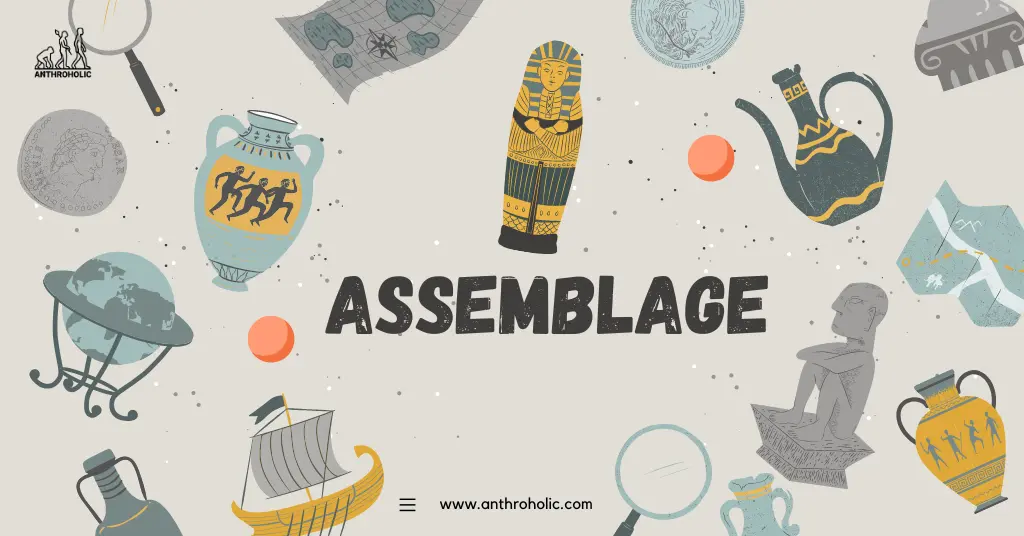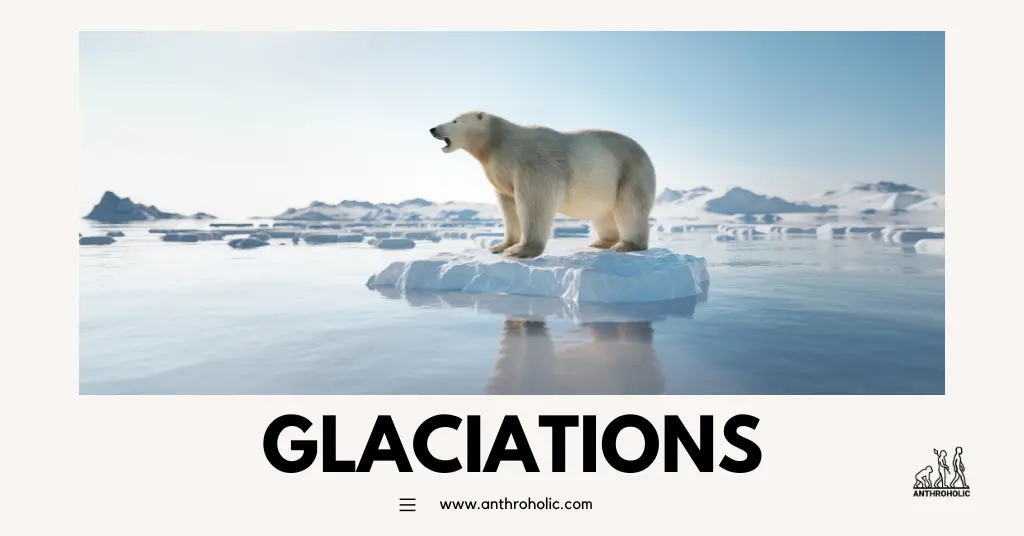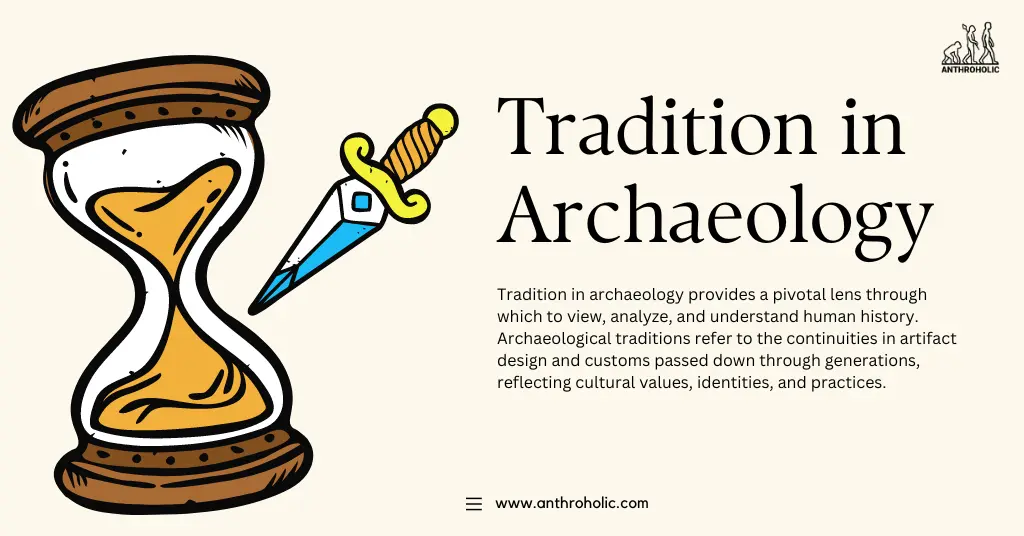AI Answer Evaluation Platform Live Now. Try Free Answer Evaluation Now
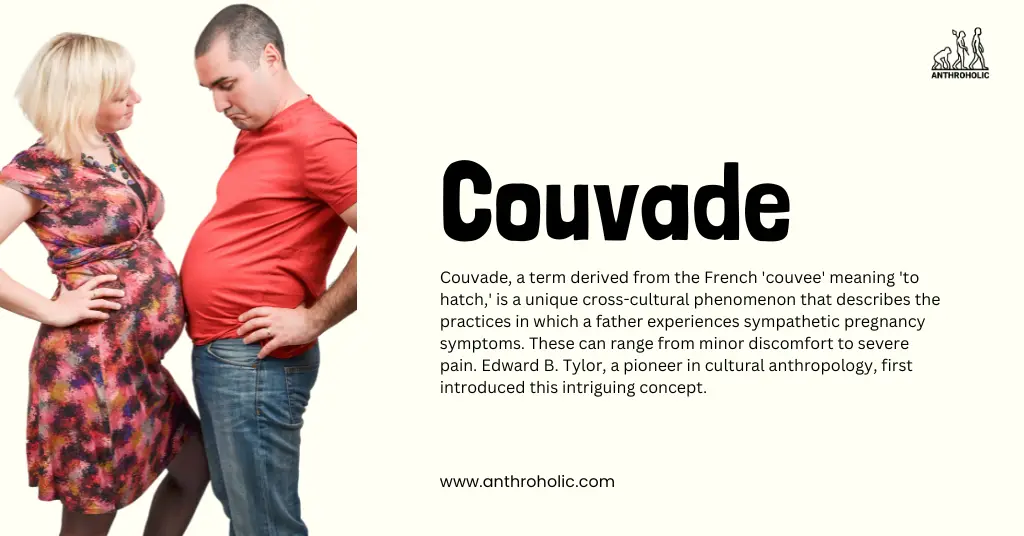
Couvade
Couvade, a term derived from the French 'couvee' meaning 'to hatch,' is a unique cross-cultural phenomenon that describes the practices in which a father experiences sympathetic pregnancy symptoms. These can range from minor discomfort to severe pain. Edward B. Tylor, a pioneer in cultural anthropology, first introduced this intriguing concept.
